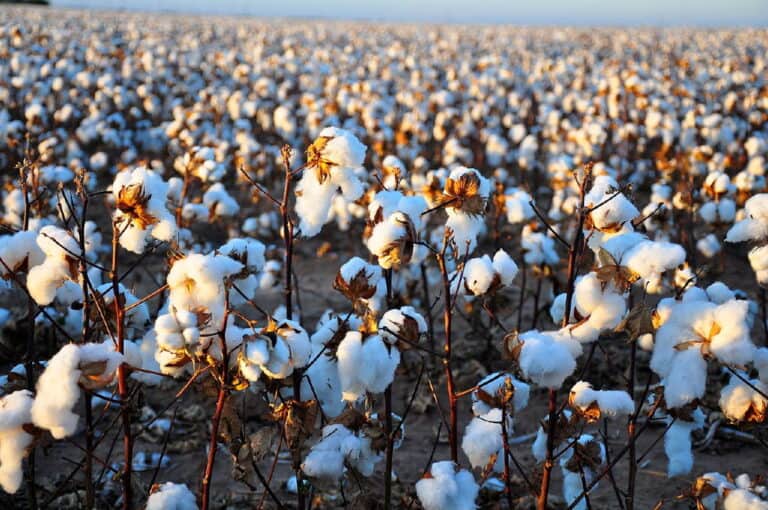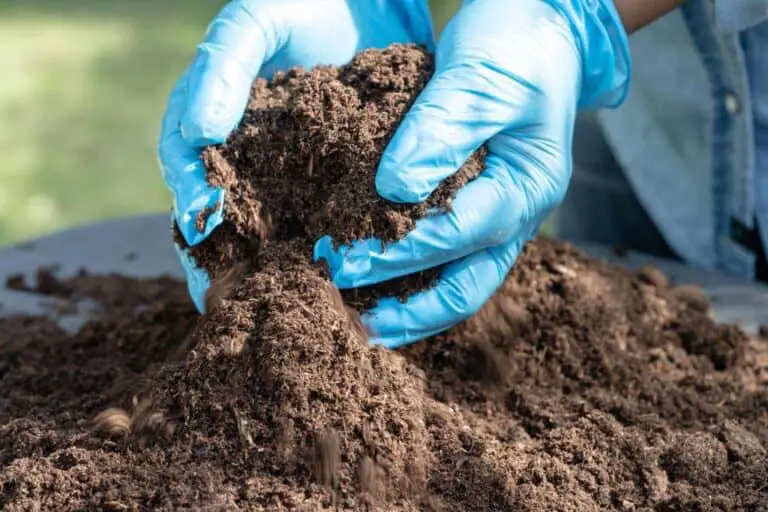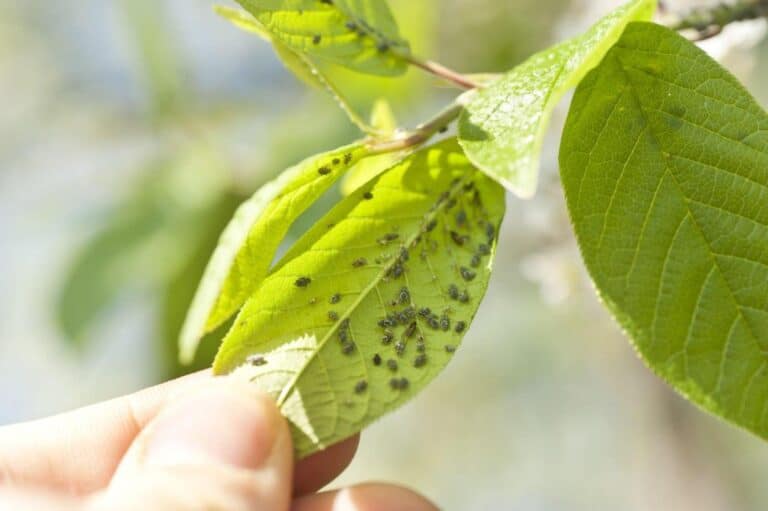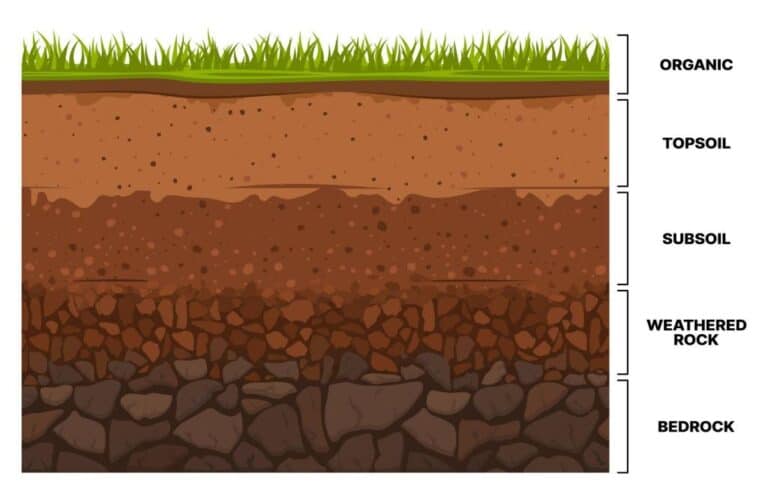How to Improve Black Cotton Soil Fertility for Farming: Soil Enrichment

Welcome to the world of farming, where the earth’s bounty meets human ingenuity to nurture our existence. In the vast tapestry of farmlands lies a unique challenge – the enigmatic black cotton soil, revered for its moisture-loving nature but notorious for its nutrient deficiencies. If you’ve ever grappled with this dark, clay-rich terrain, you know the struggle to coax the best out of it for a fruitful harvest.
But fret not, for in this agricultural journey, we embark on a quest to unlock the hidden potential of black cotton soil. Through the art of soil enrichment, we’ll dive into an array of natural, sustainable methods that will breathe new life into the soil beneath your feet.
So let’s roll up our sleeves, embrace innovation, and delve into the secrets of transforming this soil into a haven of fertility for your crops. Together, we’ll witness the wonders of nature’s magic and witness bountiful yields like never before. Let’s get started!
Introduction to Black Cotton Soil and Soil Fertility
Black cotton soil, also known as vertisol, is a unique type of soil renowned for its moisture-retaining capacity and high fertility potential. This dark-colored soil is commonly found in various agricultural regions, especially in parts of India, Africa, and Australia. While it offers excellent agricultural prospects, farming in black cotton soil comes with its challenges and limitations.
Soil fertility is the lifeblood of successful farming. It refers to the soil’s ability to provide essential nutrients, moisture, and a suitable environment for plants to thrive. As farmers, understanding the factors that influence soil fertility is crucial to achieving bountiful harvests.
The pH level, organic matter content, and nutrient balance play vital roles in determining the soil’s fertility status. Regular soil testing and analysis are essential tools for evaluating and improving soil fertility levels.
Identifying Soil Nutrient Deficiencies in Black Cotton Soil
Recognizing nutrient deficiencies in black cotton soil is pivotal in devising effective enrichment strategies. Common nutrient deficiencies can lead to stunted growth, discoloration, and reduced crop yields. Identifying the symptoms and visual cues of nutrient deficiencies in crops is a skill every farmer should master.
By properly managing nutrients, farmers can significantly improve the fertility of their black cotton soil and ensure optimal plant health and productivity.
How to Improve Black Cotton Soil Fertility for Farming
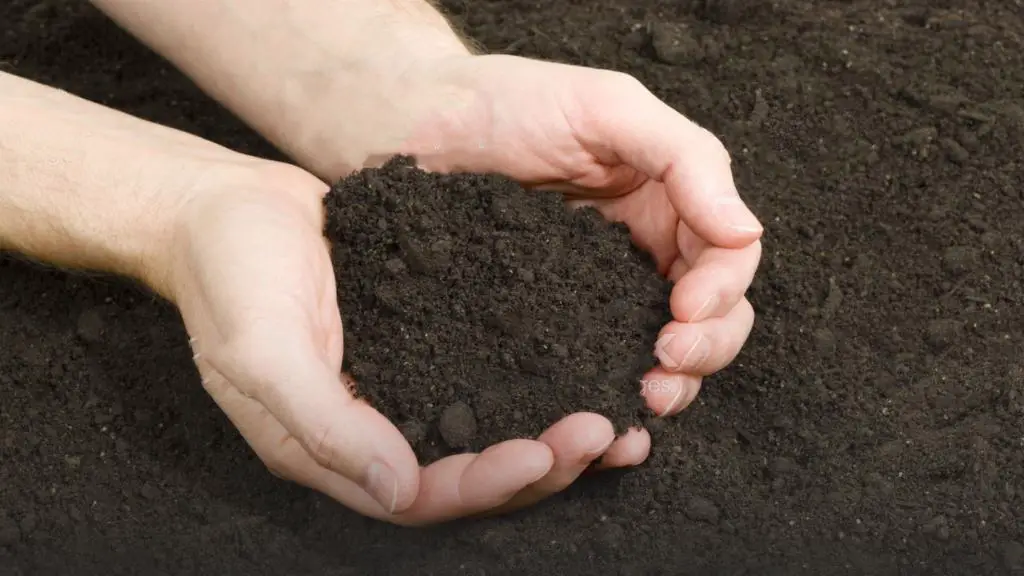
Enhancing the fertility of black cotton soil is crucial for successful farming. This soil type, prevalent in various regions, poses challenges due to its high clay content, low water retention, and poor nutrient-holding capacity. To transform these hurdles into opportunities, consider the following strategies:
1. Organic Matter Enrichment
One of the most effective ways to enhance black cotton soil fertility is by incorporating organic matter into the soil. Organic matter, such as compost, manure, and cover crops, enriches the soil with essential nutrients, improves its structure, and enhances its water-holding capacity.
The decaying organic matter releases nutrients slowly, providing a steady supply of nourishment to plants. Farmers can adopt techniques like green manure and composting to maximize the benefits of organic matter in their fields.
2. Nutrient Management
To enhance the fertility of black cotton soil, it’s essential for farmers to adopt an effective nutrient management strategy. This approach focuses on achieving a balanced fertilization system that not only enriches the soil but also safeguards the environment from potential pollution risks.
Soil testing plays a crucial role in this process as it allows farmers to identify the specific nutrient requirements of their soil, ensuring they use the right type and optimal amount of fertilizer for their crops.
However, nutrient management alone may not be enough to sustain soil fertility in the long run. This is where crop rotation comes into play. By alternating the crops planted in the same field over different seasons, farmers can maximize their benefits. Crop rotation helps prevent nutrient depletion in the soil by utilizing different crop types with varying nutrient needs. It also curbs the buildup of pests and diseases that target specific crops, effectively mitigating the risk of infestations and reducing the reliance on chemical pesticides.
Balanced nutrient management is vital for black cotton soil fertility. By understanding the roles of macronutrients (nitrogen, phosphorus, and potassium) and micronutrients (iron, zinc, etc.), farmers can tailor their fertilization strategies to meet specific crop requirements.
Applying fertilizers at the right time and in the right amounts ensures that plants receive the necessary nutrients throughout their growth stages. Smart nutrient management contributes to improved crop yields and sustainable farming practices.
Table: Macronutrients and Their Functions
| Nutrient | Function in Plants |
| Nitrogen | Essential for leaf and stem growth |
| Phosphorus | Vital for root development |
| Potassium | Important for overall plant health |
3. Organic Matter: Nature’s Nourishment
One of the most effective ways to boost black cotton soil fertility is by increasing its organic matter content. Organic matter acts as nature’s nourishment, providing essential nutrients to plants and improving soil structure. It enhances the soil’s ability to retain moisture and nutrients while promoting beneficial microbial activity.
Compost and farmyard manure are excellent sources of organic matter. Composting agricultural waste, kitchen scraps, and other biodegradable materials not only reduces environmental impact but also yields a nutrient-rich soil conditioner. By incorporating organic matter regularly into the soil, farmers can significantly improve its fertility and long-term health.
4. Soil Amendments
In addition to organic matter and nutrient management, using soil amendments can significantly enhance black cotton soil fertility. Gypsum and lime are common amendments that help improve soil structure, aeration, and drainage. These amendments also aid in the release of nutrients, making them more accessible to plants. It’s essential to apply the right type and amount of amendments based on soil test results to achieve the desired soil improvement.
5. Irrigation and Water Management in Black Cotton Soil
Effective water management is critical for farming on black cotton soil. The soil’s moisture-retentive properties can lead to waterlogging, which can harm plant roots and reduce crop yields. Implementing efficient irrigation techniques, such as drip irrigation or furrow irrigation, helps optimize water usage and prevent waterlogging. Additionally, proper soil moisture management during different seasons ensures that crops receive adequate water without compromising soil health.
6. Crop Selection and Rotation
Choosing the right crops and adopting a crop rotation system can significantly contribute to soil fertility improvement. Some crops are better suited for black cotton soil due to their nutrient requirements and compatibility with its characteristics. Implementing a well-planned crop rotation schedule helps break pest and disease cycles, prevents nutrient depletion, and boosts soil fertility in the long run.
Incorporating crop rotation as a complementary technique to nutrient management fosters a well-balanced soil ecosystem. The combination of these practices promotes better nutrient availability for each crop, leading to healthier plant growth and higher yields. Moreover, this approach fosters sustainable agricultural practices that not only benefit the farmers’ bottom line but also contribute to the preservation of the environment for future generations.
7. Conservation Tillage and Soil Erosion Prevention
Conventional tillage practices can be detrimental to black cotton soil’s structure and fertility. Conservation tillage techniques, such as minimum tillage or no-till farming, help preserve soil integrity and organic matter content. These practices also reduce soil erosion, preventing the loss of fertile topsoil. By adopting conservation tillage, farmers can promote sustainable farming while maintaining and improving soil fertility.
8. Mulching
Apply organic mulches like straw or leaves to conserve soil moisture, regulate temperature, and prevent weed growth. Mulching also adds organic matter to the soil as it decomposes.
Use Chemical Fertilizers to Improve Soil Fertility in Black Cotton Soil
The question of whether chemical fertilizers are a necessity for enhancing soil fertility in black cotton soil brings to light the balance between quick results and sustainable practices. Chemical fertilizers do offer a rapid infusion of nutrients to plants, promoting immediate growth. However, over time, their excessive use can disrupt the natural balance of the soil ecosystem, leading to nutrient imbalances, soil degradation, and water pollution.
An alternative approach focuses on sustainable farming practices that emphasize the use of organic matter and nutrient management. By incorporating organic materials like compost and green manure into the soil, its structure and water-holding capacity can improve.
This method also introduces nutrients gradually, supporting both plant growth and long-term soil health. Moreover, nutrient management, guided by soil testing, enables precise application of necessary nutrients, preventing waste and environmental harm.
Consider the following comparisons:
| Aspect | Chemical Fertilizers | Sustainable Practices |
| Nutrient Delivery | Rapid | Gradual |
| Environmental Impact | Pollution Risk | Reduced Impact |
| Soil Health | Disruption | Improvement |
What Are the Best Crops To Grow in Black Cotton Soil?
Ready to embark on a plant-packed adventure? Let’s explore the vibrant world of crops that thrive in the embrace of black cotton soil. Think of it as curating a menu that perfectly suits the soil’s taste buds; it’s all about playing to its strengths.
- Legumes: These nitrogen-fixing wonders are like the soil’s best buddies. Legumes, such as chickpeas, lentils, and soybeans, work their magic by pulling nitrogen from the air and depositing it into the soil, enriching its fertility. They’re a win-win for your plate and the soil’s health.
- Sorghum: This drought-tolerant grain is a rock star in black cotton soil. It can withstand the soil’s shrink-swell tendencies while offering a fantastic source of food and fodder. Sorghum’s deep roots help stabilize the soil, preventing erosion.
- Groundnuts: Groundnuts, also known as peanuts, have a knack for turning barren land into productive ground. These legumes add nitrogen, and their mating roots help prevent soil erosion. Plus, they leave behind a trail of organic matter, nourishing the soil.
| Crops | Soil Benefits |
| Legumes | Nitrogen fixation, improved fertility |
| Sorghum | Erosion prevention, drought tolerance |
| Groundnuts | Nitrogen addition, organic matter contribution |
- Millets: Millets like pearl millet and finger millet dance beautifully in black cotton soil. They’re low-maintenance, require minimal water, and contribute to soil structure with their fine roots.
- Wheat: This staple crop adapts well to black cotton soil, especially when you apply proper nutrient management. Wheat’s shallow root system works harmoniously with the soil’s characteristics.
Now, while these crops are the stars of the show, remember that successful farming is a symphony. Rotate these crops wisely, balance nutrient input, and tend to the soil with care. By embracing this agricultural harmony, you’ll create a thriving ecosystem where crops and black cotton soil flourish hand in hand.
Conclusion
Enhancing the fertility of black cotton soil is essential for successful and sustainable farming. By understanding the unique characteristics of this soil type and employing various soil enrichment techniques like organic matter incorporation, green manure, cover crops, nutrient management, crop rotation, biofertilizers, and efficient water management, farmers can achieve bountiful harvests and preserve the health of their land for generations to come. Investing in the quality of the soil is an investment in the future of agriculture, ensuring food security and prosperity for all.
FAQs on Improving Black Cotton Soil Fertility for Farming
Can black cotton soil be converted into highly fertile soil for farming?
Yes, black cotton soil can be significantly improved in fertility through proper soil enrichment techniques such as adding organic matter, managing nutrients, and using appropriate soil amendments.
What are the risks associated with improper soil enrichment in black cotton soil?
Improper soil enrichment, such as excessive use of fertilizers or improper soil amendments, can lead to nutrient imbalances, reduced soil structure, and environmental pollution. Soil testing and following recommended practices are essential to avoiding such risks.
How long does it take to see improvements in soil fertility after implementing enrichment techniques?
The timeline for improvements in soil fertility can vary based on factors like the specific techniques used, crop selection, and existing soil conditions. In general, gradual improvements can be observed over several growing seasons.
How often should I apply fertilizers to improve black cotton soil fertility?
The frequency of fertilizer application depends on factors like crop type, soil condition, and chosen enrichment techniques. It’s essential to follow recommended guidelines and regularly monitor soil nutrient levels to make informed decisions.
Is irrigation management important for improving black cotton soil fertility?
Absolutely. Proper irrigation practices, such as efficient water delivery and avoiding waterlogging, contribute to soil health. Over-watering can lead to nutrient leaching, while under-watering affects crop growth. Finding the right balance is crucial.
Are there any traditional methods specific to improving black cotton soil fertility?
Yes, traditional practices like crop rotation, mixed farming, and intercropping can enhance black cotton soil fertility over time. These techniques diversify plant species and contribute to soil nutrient replenishment.
Can soil aeration contribute to better black cotton soil fertility?
Yes, soil aeration, achieved through techniques like plowing or tilling, can improve oxygen circulation and root growth. However, it’s important to strike a balance, as excessive or improper tilling can disrupt the soil structure and lead to erosion

